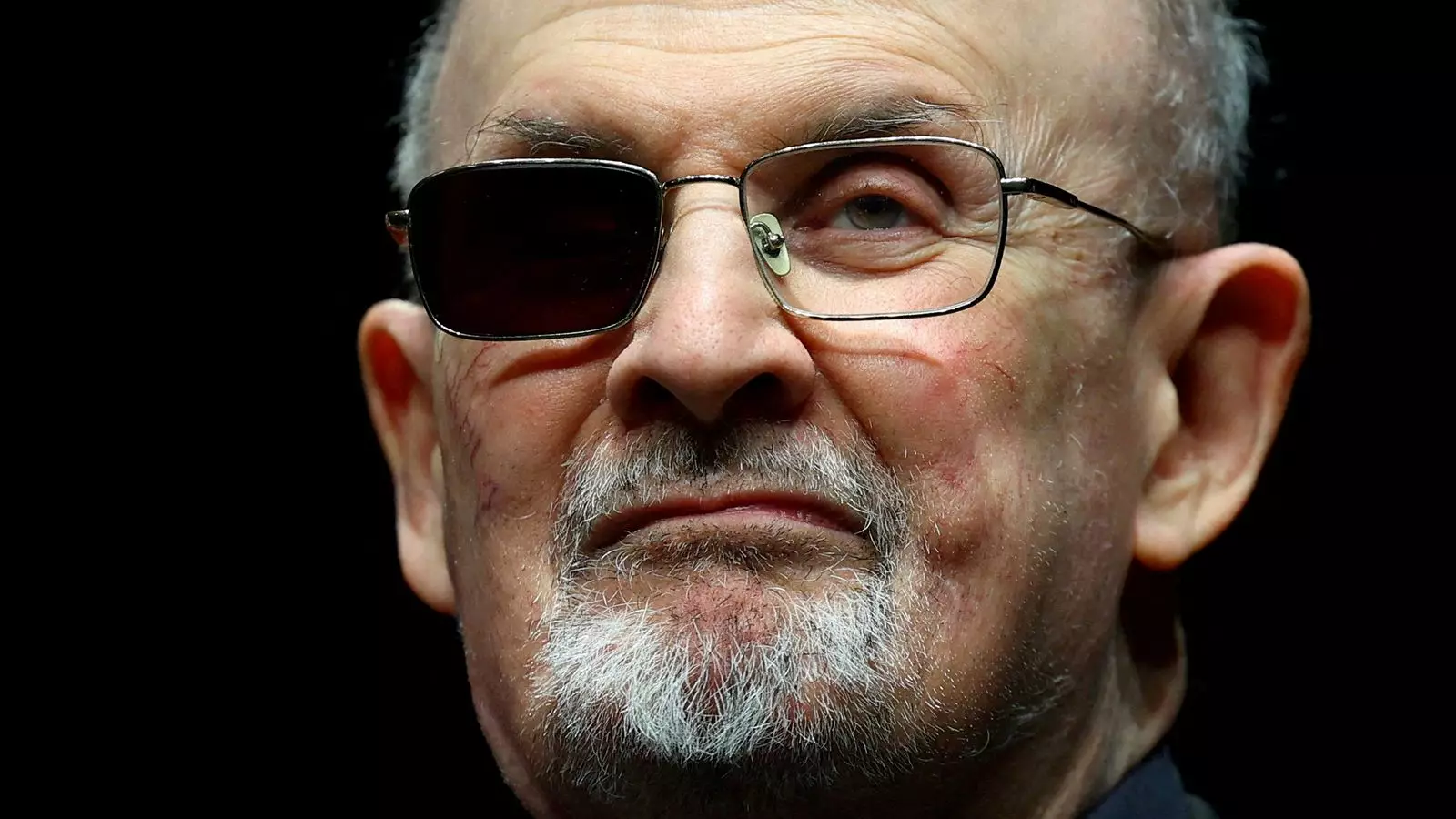In a significant legal development, Hadi Matar, a 27-year-old man, has been convicted of attempted murder for his brutal assault on renowned author Sir Salman Rushdie. The attack occurred on August 12, 2022, at the Chautauqua Institution in New York, where Rushdie was preparing to deliver a lecture. In a shocking display of violence, Matar charged onto the stage and stabbed the 77-year-old writer multiple times. As a result of this vicious act, Rushdie endured life-altering injuries, including the loss of vision in his right eye and severe damage to his hand. This incident serves as a grave reminder of the precarious nature of artistic expression in a world where free thought and speech are increasingly under threat.
During the trial, which unfolded in Chautauqua County Court, Matar’s actions were scrutinized as the prosecution laid out a case depicting the premeditated nature of the attack. After a brief deliberation of less than two hours, the jury found Matar guilty, not only of attempted murder but also of assault for wounding Henry Reese, a fellow speaker present during the attack. As the verdict was announced, Matar’s stoic demeanor stood in stark contrast to the life-changing injuries inflicted on Rushdie, highlighting a chilling detachment from the consequences of his actions.
Throughout the proceedings, Rushdie provided a starkly vivid account of the assault, recounting the moment he was attacked. He described a fleeting glimpse of the assailant—his dark clothes and menacing eyes—which invoked terror as he realized he was being violently stabbed. The visceral nature of Rushdie’s testimony underscored the brutality of the incident and brought to light the emotional and physical toll such violence can inflict on individuals standing up for their beliefs.
Matar’s motivations remain a topic of intense speculation and analysis. His defense attempted to downplay the intent to kill, arguing that the prosecution failed to definitively prove Matar’s conscious objective. However, the prosecution countered this assertion by demonstrating the unprovoked and targeted nature of the assault. The prosecutor emphasized that in a crowded venue, where many were present, Rushdie was singularly chosen as the target, reinforcing the idea that the attack was not improvised but rather calculated.
Echoing in the courtroom were profound discussions about the implications of such an assault on artistic freedom and the societal responsibilities associated with the sanctity of free speech. The gravity of the charges also reflected broader geopolitical nuances, as Matar faces additional federal indictments alleging attempted murder as an act of terrorism and links to the militant group Hezbollah.
The consequences of Matar’s conviction extend beyond the courtroom, igniting heated discussions about the safety of writers, artists, and public figures. In a world where dissenting voices are increasingly silenced through violence, the attack on Rushdie becomes emblematic of a broader cultural war against freedom of thought. For decades, Rushdie himself has lived under the shadow of threats stemming from his literary work, notably his controversial 1988 novel, The Satanic Verses.
As the world watches how the judicial system handles this conviction, the overarching question remains: how do societies protect the artists and thinkers who dare to challenge conventions and provoke thought? The sentencing of Matar, set for April 23, 2024, will not only determine his punishment but may also signal society’s stance on protecting the sanctity of creative expression.
Rushdie’s ordeal reinforces the necessity for vigilance in the fight for artistic freedom. The conviction of Hadi Matar should serve as a rallying cry to prevent further acts of violence against individuals who challenge societal norms through their art and writing. While the judicial system takes its course, the global community must engage in dialogue about the implications of such attacks and the critical need to protect and support those who courageously stand against oppression, ensuring that freedom of expression prevails in all its forms.



Leave a Reply